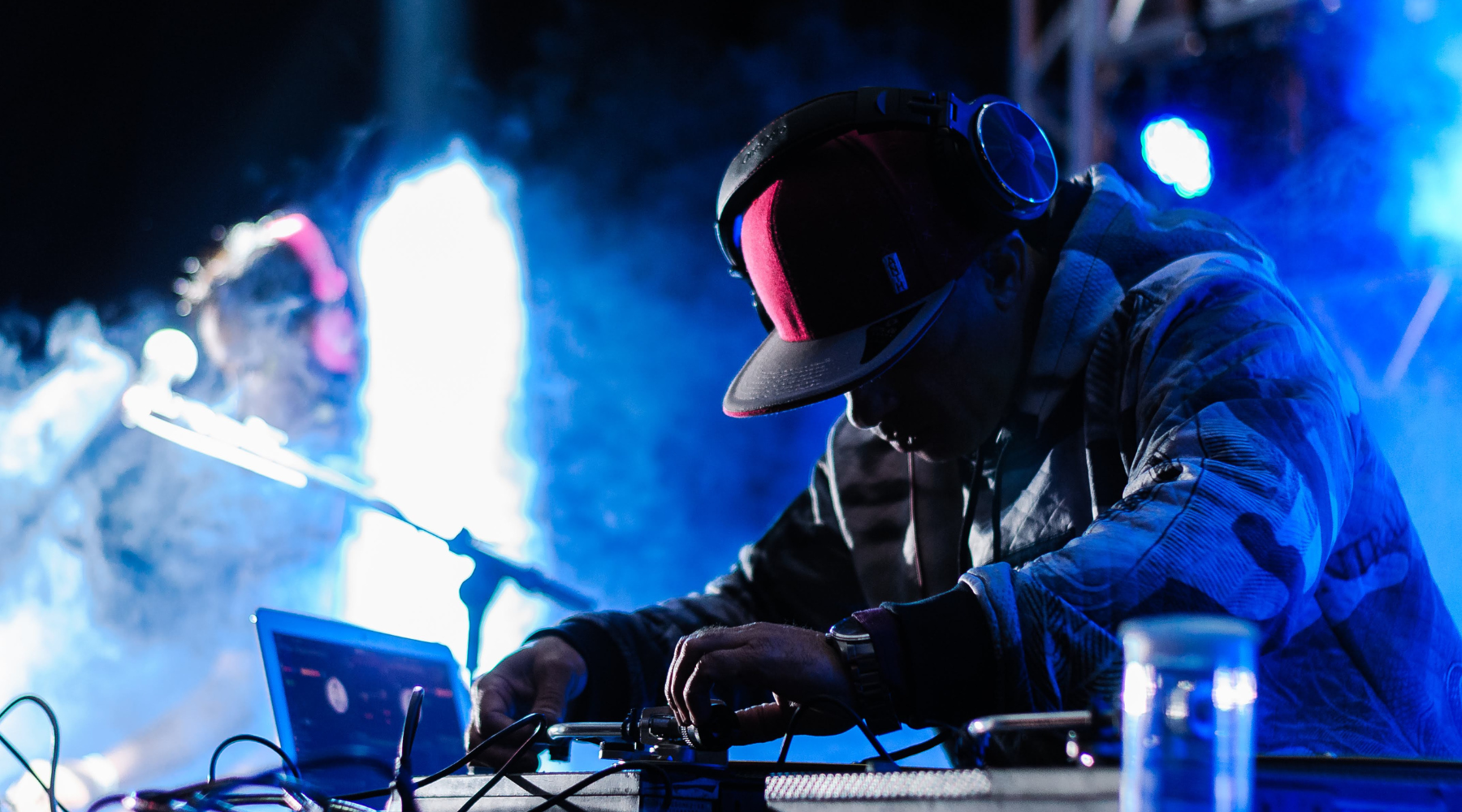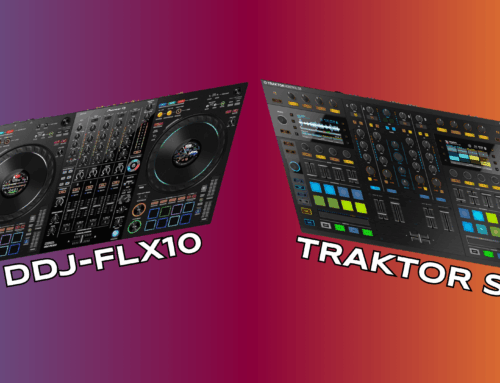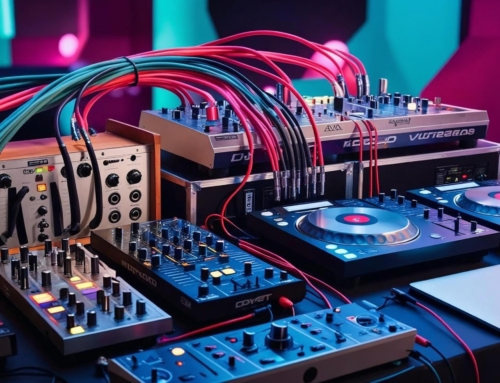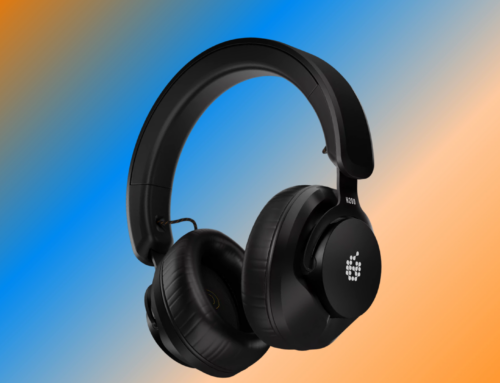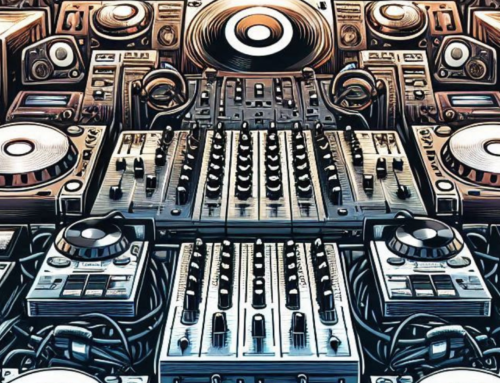Do you have the skills to be a successful DJ? Are you thinking of taking your passion for music and mixing it with your love of people? If so, welcome to the wonderful world of being a DJ. The truth is that becoming a professional DJ isn’t easy (and it can be very expensive). But if you’re passionate about music and willing to work hard, there’s no reason why you can’t become a successful DJ!
Learn the basics
The first step to becoming a successful DJ is learning the basics. This includes mastering the art of mixing and knowing how to use your DJ software, controller, mixer and headphones. You can learn by trial and error but it’s much easier if you take a course or read up on tutorials online for each piece of gear before purchasing any of them.
Get a feel for the different DJ genres and scenes
To be a great DJ, you need to understand the different genres of music and scenes in which you can play. There are so many different types of venues, crowds and events that it’s important to have a grasp on what they’re all about. Here are some things to think about:
- What kind of venue do I want to play at? A club? A wedding? A corporate event? In each case there will be different requirements for sound equipment and lighting. You’ll also need to know how much time you’ll have between sets (or during your performance) to prepare for your next set.
- What kind of crowd do I want my music played for? If it’s younger people, perhaps EDM is more appropriate than jazz or classical; if it’s older adults then classic rock might be better than hip-hop or reggae; if it’s mostly young adults then indie pop might work well but not techno or house parties… We could go on forever!
Develop your own style
The most important thing to remember when you’re developing your own style is that it’s not about being unique for the sake of being unique. It’s about expressing yourself in a way that no one else can, and making sure that all your musical choices reflect who you are as an artist. When you’re confident in what you do, people will notice—and they’ll want to see more of it!
To make sure that I’m always developing my own style, I put my ego aside and ask other DJs for feedback on my sets. If I’m playing a song and someone asks me why I chose it, or if anyone has any suggestions for me before I go on stage (especially if those suggestions come from peers), then I listen carefully and try out new things based on their feedback on our next gig together or at another club where we both play regularly as residents.
Get the right gear
If you’re already a DJ, this is an easy one. If you’re not, it can be more challenging to figure out what kind of gear you need. Your goal should be to acquire only what’s necessary to meet your personal goals and preferences (and within your budget). Here are some things to keep in mind:
- The type of music you want to play will affect what kind of equipment you need. If all that matters is that there’s a good beat and lots of bass, then any old turntables will do!
- Where are the gigs? Most gigs happen in bars or clubs where space is limited and sound volume is loud enough for people at the bar but not so loud as to overpower conversation between tables. So if your goal is playing house music in smaller venues like coffee shops or art galleries with friends who enjoy hearing their own voices over the music being played at low volumes, then investing in expensive pro-grade gear might not make sense for many DJs trying out this hobby as an amateur pastime even though they may be able
Practice, practice, practice!
The road to becoming a successful DJ is paved with practice. A lot of it. Practicing is the only way to get better at DJing, and it will help you build up your skills so that you are prepared for anything that might come up on the job. Practice builds confidence in your ability to perform on stage as well as how you react under pressure. If something goes wrong during one of your shows, it’s important that you don’t panic! Take a deep breath and think about what went wrong before trying again—in most cases this will fix whatever was causing problems in your performance
Learn to DJ outside of your bedroom
The next step of your journey to becoming a successful DJ is to learn how to DJ in front of an audience. Get yourself booked at any local venue that allows people under 21 and start playing there regularly. As you become more comfortable on stage, begin performing at larger events like house parties or bars where you can play longer sets.
Don’t worry about the technical aspects of mixing yet—you will learn these as you go along in your career. At this point, it’s more important that you figure out how to read a crowd while they are listening and adjust your tempo accordingly so that they stay engaged with the music without getting bored or overwhelmed by it.
Do your research when it comes to getting paid gigs
It’s important to know what you’re actually worth, and that doesn’t just mean the price tag for your services. It also means knowing what other DJs are charging in your area, how much money they make in a year (or month), and what kind of experience they’ve had. In general, the more experience someone has playing at events like weddings or parties (or both), the more they’ll charge per event—but even then, there can still be variation among DJs who have similar skill levels and career histories.
You should also consider the type of venue where you’ll be performing: nightclubs generally pay less than wedding venues do because they don’t require as much setup time, while small bars may not offer any compensation at all since they operate on such slim margins as is.
There’s a lot to learn if you want to become a successful professional DJ—and it may take years of practice
As you know, there’s a lot to learn if you want to become a successful professional DJ—and it may take years of practice. But don’t worry: The journey is worth it! If you follow these steps and work hard at your craft, there’s no doubt that you’ll be able to turn your passion for music into an exciting career.
Conclusion
We hope we’ve given you a good place to start your journey, whether you’re just getting into this scene or looking to take it further. As with most things in life, the best way to become a professional DJ is through practice, practice, practice! This means taking every opportunity you can get—whether it’s playing for your friends or at a local bar—and trying new things until something clicks. It might take time before you feel comfortable behind the decks with no plan at all (and that’s okay), but if there’s anything we learned from our own experiences as amateurs and professionals alike: never give up on what makes you happy!
